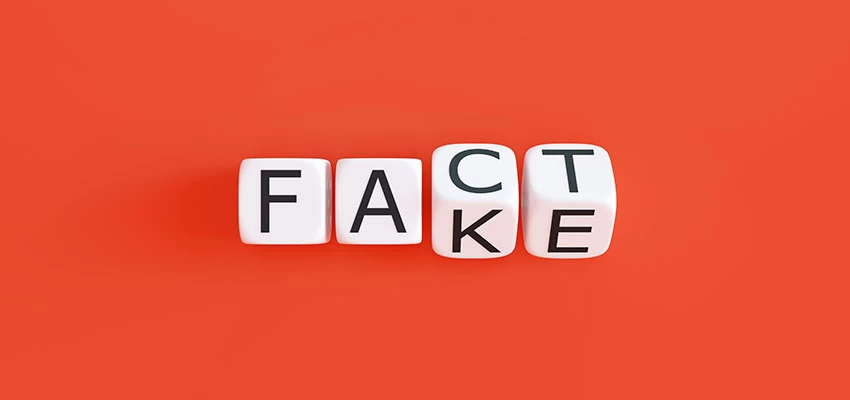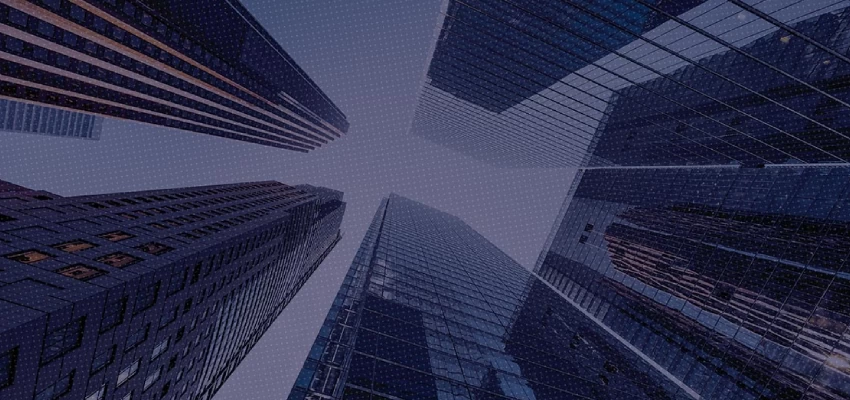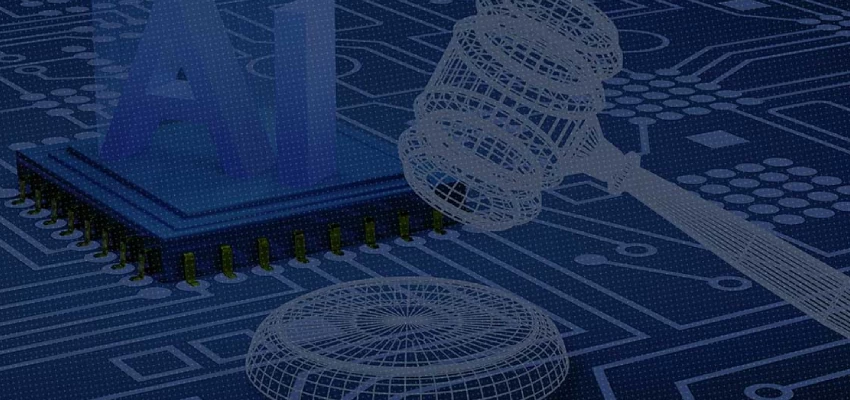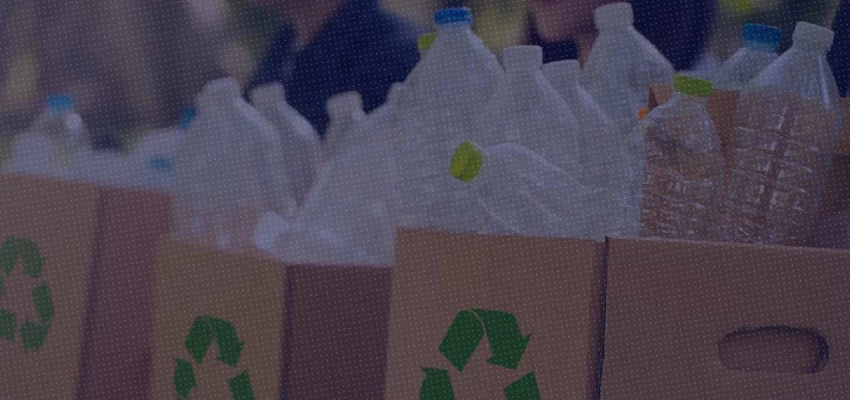Background and scope:
The growing problem of e-waste required greater emphasis on recycling of the e-waste and better e-waste management. In the light of above, the Ministry of Environment, Forest & Climate Change (‘MOEFCC’) on 2 November 2022, has notified E-waste (Management) Rules, 2022 (‘2022 Rules’) which has replaced the E-waste (Management) Rules, 2016 (‘2016 Rules’).
2022 Rules will come into force on 1 April 2023 and has introduced recycling targets in the extended producer responsibility (‘EPR’) plan of the producers of e-waste.
EPR is a policy-based approach wherein responsibility is casted over the producers of specific category of waste for the treatment and safe disposal of such waste. EPR mechanism under the 2016 Rules focused more on the producer’s responsibility to collect back the e-waste introduced in the market and provided collection targets, whereas the EPR regime under 2022 Rules provides an annual e-waste recycling targets to the producers. This will help in proper recycling and safe disposal of e-waste.
Highlights of Rule 2022:
Scope and definitions:
Scope of applicability of 2022 Rules has been restricted to manufacturer, producer, refurbishers, dismantlers and recycler of e-waste (‘MPRDR’), unlike 2016 Rules wherein dealer, consumer, bulk consumer and collection centres were also covered.
- The definition of term ‘e-waste’ has been widened to include solar photo-voltaic modules or panels or cells, which are discarded as waste and the term ‘bulk consumer’ has been widened and simplified. Now, any entity which has used at least one thousand units of electrical and electronic equipment listed in Schedule I of 2022 Rule, at any point of time in the particular financial year including the e-retailer, will be considered as bulk consumers of e-waste.
- The term EPR has been redefined to mean responsibility of any producer of electrical or electronic equipment as given in Schedule-I for meeting recycling targets as per Schedule-III and Schedule-IV, only through registered recyclers of e-waste to ensure environmentally sound management of such waste. Further, the definition of term ‘producer’ has also been widened.
Registration requirement:
Unlike 2016 Rules which mandates manufacturer, producer, refurbishers and recycler of e-waste (‘MPRR’) to obtain authorization from concerned State Pollution Control Board, 2022 Rules mandates MPRR of e-waste to obtain registration on the portal (‘Portal’) to be developed by Central Pollution Control Board (‘CPCB’). Further, 2022 Rules bars MPRR to operate its business without obtaining aforesaid registration and/or to deal with any unregistered MPRR.
Reducing compliances on ‘bulk consumers’:
In general parlance, private and public companies and multi-national organizations are considered as ‘bulk consumers’ for the purpose of 2016 Rules. The requirement of (i) filing annual return and (ii) maintaining record of e-waste generated, by the bulk consumer under 2016 Rules has been done away with under Rule 2022.
Introduction of recycling certificate:
The concept of obtaining EPR recycling certificate has been introduced by 2022 Rules for facilitating the fulfilment of EPR targets. Producers can purchase online EPR recycling certificate from registered recyclers for fulfilling its recycling target under 2022 Rules. However, such recycling certificate issued by CPCB will be valid for two years from the end of the financial year in which the same was generated.
Introduction of refurbishing certificate and deferred liability:
The concept of deferred liability has also been incorporated in 2022 Rules. Now, refurbisher will be issued a refurbishing certificate for a particular quantity of refurbished product whereby the life of such product has been extended. Producers can purchase refurbishing certificate from refurbishers to defer their EPR vis-à-vis corresponding quantity of e-waste in a particular year and same shall be added to the EPR target of the year in which the extended life of the refurbished product is expired.
Incorporation of penal provisions and widened scope:
Unlike 2016 Rules, 2022 Rules expressly introduced provisions related to environment compensation and prosecution under section 15 of the Environment (Protection) Act, 1986 (‘EPA’). Further, the environment compensation can also be imposed on an entity which aids or abets the violation of 2022 Rules. This widens the scope of imposing environment compensation.
Conclusion:
As per statistics available in public domain, India is the third largest generator of e-waste after China and USA. Expanding the definition of e-waste and electronic equipment, specifying the recycling target with proper implementation mechanism and clearly specifying the penalties for violation of Rule 2022 will assist in better implementation of the collection, processing and recycling of e-waste.
For creating vibrant recycling market, the possibility of regulating the role of e-waste collection centres, producer responsibility organization and dealers under Rule 2022 may also have been explored since they also, play a significant role.
[The authors are Executive Partner and Senior Associate, respectively, in the Corporate and M&A advisory practice at Lakshmikumaran & Sridharan Attorneys, Gurugram]












